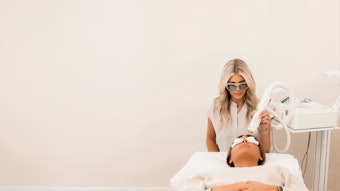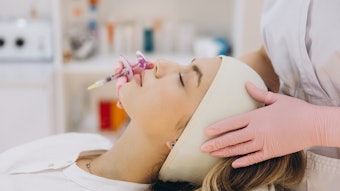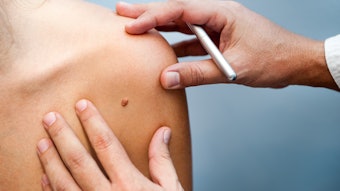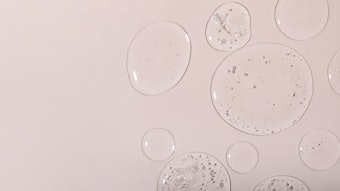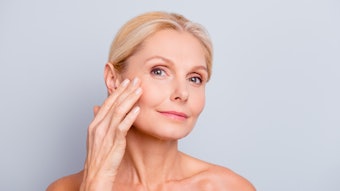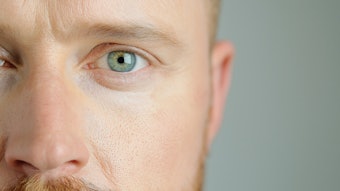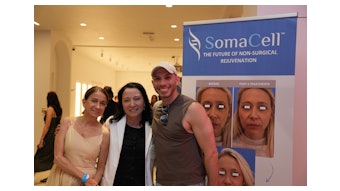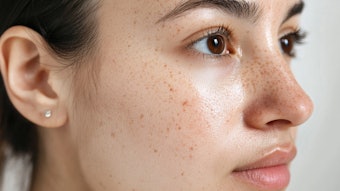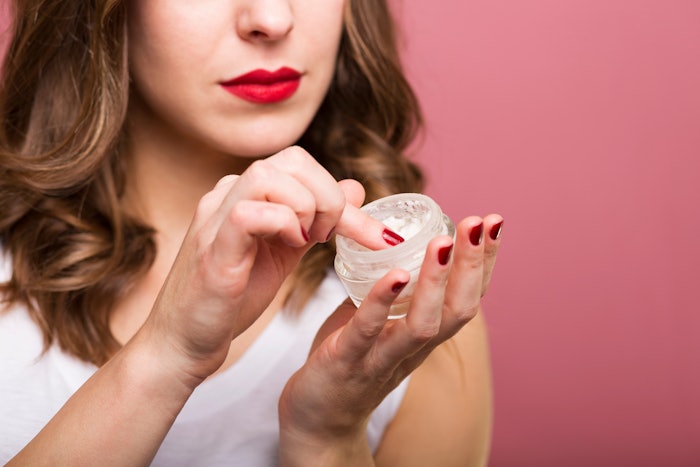
While extensive research has focused on gut-derived microbes, according to the authors on a new study, the metabolic contributions of blood-derived bacteria remain underexplored.
Through their work, recently published in the Journal of Natural Products, researchers discovered three anti-aging compounds produced by a human blood-derived bacterium called Paracoccus sanguinis.
Indole-based Metabolite Efficacy
The compounds are indole-based metabolites, which were found to reduce oxidative stress, inflammation and collagen damage in human skin cell cultures — key factors involved in skin aging.
Using advanced analytical techniques, scientists isolated 12 indole metabolites, six of which were previously unknown. Of those, three (including two new ones) showed strong anti-aging effects by:
- Reducing reactive oxygen species (ROS),
- Suppressing inflammatory proteins (IL-6 and IL-8) and
- Inhibiting MMP-1, a protein that breaks down collagen.
Future Anti-aging Skin Therapies
One compound, identified as metabolite 11, showed the highest efficacy in protecting skin cells, making it a standout candidate for future anti-aging skin therapies.
This study underscores the untapped potential of blood-resident microbes, particularly P. sanguinis, and their bioactive metabolites, revealing a novel frontier in microbiome-related skin health research.
